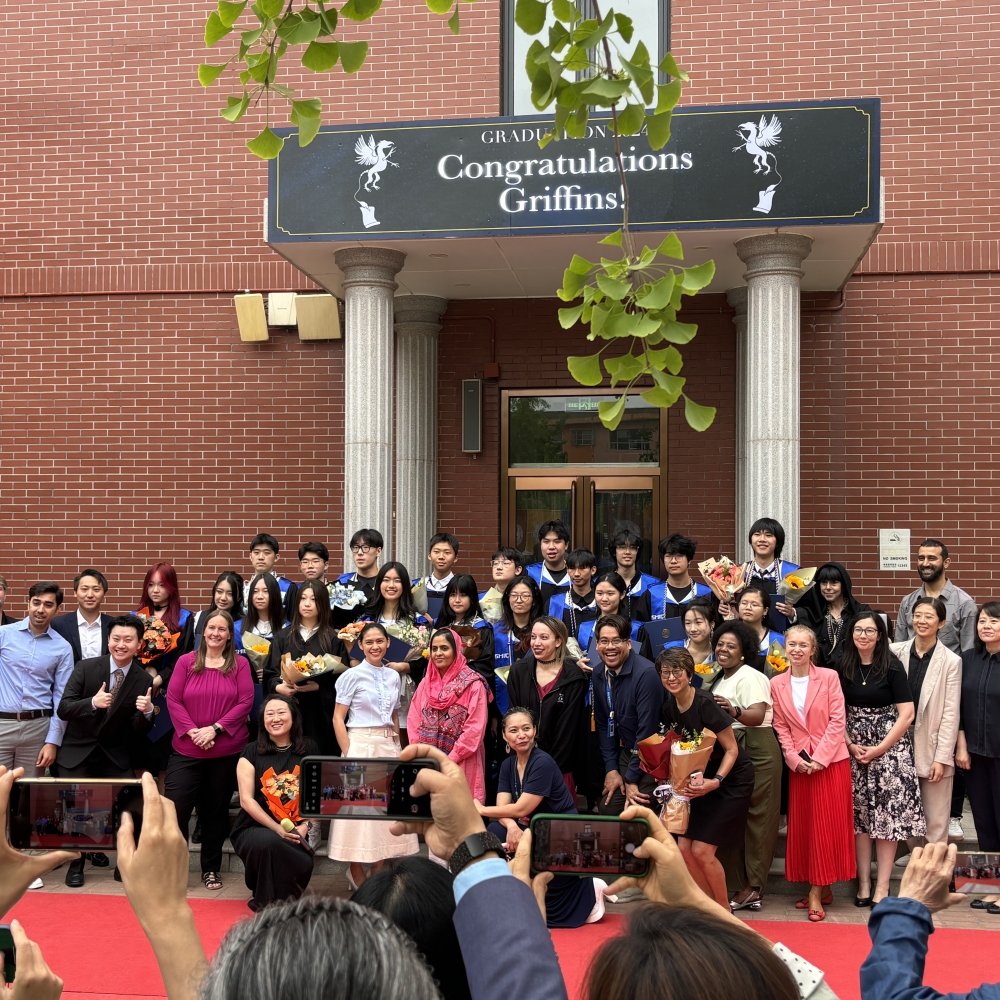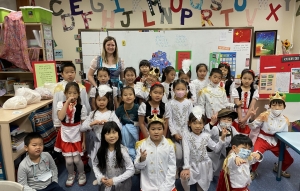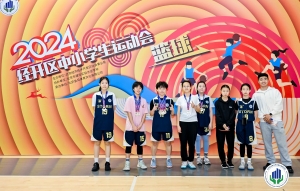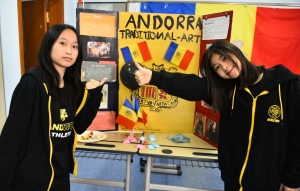Academics
Education at SMIC
The SMIC English track prides itself on prioritizing the four major domains of English literacy – reading, writing, speaking & listening, and language knowledge. Through combining the US Common Core Standards and our School-Wide Student Learning Outcomes, we aim to produce students with native-level language proficiency who can thrive in English environments.
Students in grades 1 and 2 focus heavily on foundational skills, emphasizing mastery of phonological awareness, phonics, vocabulary, and fluency. Grades 3-5 see an increasing emphasis on comprehension, writing, speaking, and language use. All elementary grades use McGraw Hill’s Wonders series.
Middle school ELA courses continue to expand vocabulary while also diving in to text analysis, with more opportunities for extended writing and novel studies.
High School offers 3 learning tracks: Standard, Honors, and AP. The Standard Track continues in alignment with grades 1-8, and students receive balanced instruction in the four domains. Honors track students may take a combination of standard, Pre-AP, and AP courses. The AP Track requires students to pursue the AP Diploma, which requires successful completion of both AP Seminar and AP Research plus 4 other AP courses.
In addition to core classes, the English Track uses supplemental programs, extracurricular options, events, and competitions to further engage students in authentic ways. Chief among these include:
· Renaissance Reading Program: All students in grades 1-8 are given a Renaissance account, allowing them to participate in progress monitoring through the Star Reading and Star Early Literacy assessments, targeted online reading through the myON Digital Library, and to demonstrate their reading comprehension through Accelerate Reader. School-wide acknowledgement and celebrations help foster a community of readers.
· Honor Societies: SMIC has established chapters for National English Honor Society (NEHS), ELA Honor Society (specifically for middle school students who demonstrate excellence in ELA), and Quill and Scroll (for campus journalism). These academic societies reach out to the general student body to increase awareness and engagement with the things that make the English Language Arts meaningful.
· Clubs: While many of our club offerings fluctuate depending on student interest, two consistent offerings are Choir and Musical Theater Club. Both of these encourage students express themselves creatively using English in the performing arts.
· Events and Competitions: there’s always something exciting for students to get involved in no matter their proficiency level. Annual spelling, writing, and speech competitions welcome all students to join and experience the spirit of reaching for excellence, and the newly established Battle of the Books keeps students reading over the long winter break and excited to return for the quiz rounds. Celebrate Literacy Week and Celebrate Literacy Day have also quickly become a highlight of the second semester.
We are confident that through the careful curation of our curriculum and supplemental programs, all delivered by qualified, native English-speaking teachers, students will exit our program fully
equipped to succeed in an English academic environment as Knowledgeable Citizens, Skilled Communicators, Critical and Creative Thinkers, Self-Directed Learners, Responsible Technology Users, Effective Collaborators, and Global Contributors.






